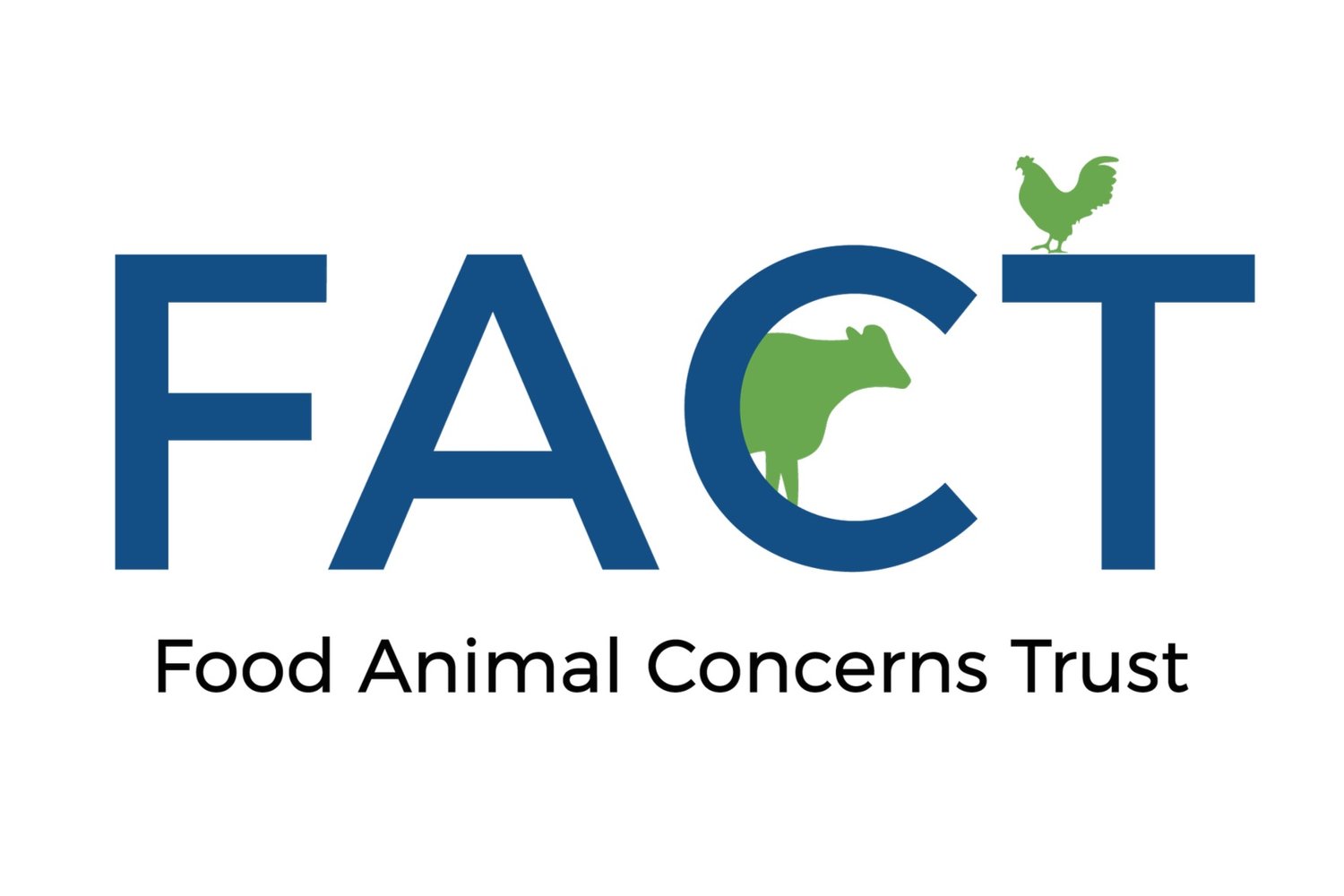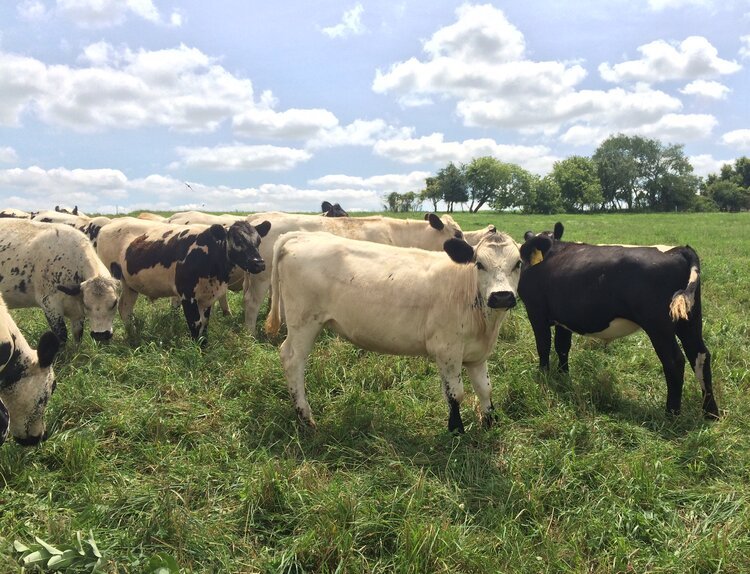
Safe and Healthy
Food Program
FACT is at the forefront of national efforts to ensure the health and safety of our food. We advocate for strong corporate and government policies such as ending the overuse of antibiotics on farms, banning dangerous veterinary drugs, and requiring farms to control foodborne pathogens.
Stopping Antibiotic Overuse in Agriculture
To stop the spread of antibiotic-resistant superbugs, FACT leads and staffs the Keep Antibiotics Working (KAW) coalition of allied organizations that is the major voice calling for changes in how antibiotics are used on farms. Along with eliminating the overuse of antibiotics, KAW’s major goal has been to influence policy and improve data collection by federal agencies on both antibiotic-resistant superbugs and on antibiotic use on farms.
We advocate for improved animal welfare and humane farming practices that keep animals healthy so they won’t need to be given antibiotics inappropriately. Antibiotics should only be given to sick animals when necessary, not for preventive uses or to compensate for poor and unsanitary farming conditions. You can follow our work and view more resources on the KAW website.
Healthy cows raised on pasture from one of FACT’s fund-a-farmer recipients, Bratsett Family Farm.
Cows raised in a Concentrated Animal Feeding Operation (CAFO). Animals in these circumstances are often given antibiotics on a regular basis and for preventive purposes.
Our Global Antibiotics Work
Because the overuse of antibiotics is a global problem, FACT also works to support strong international standards on antibiotic use. Similar to our federal policy work, FACT’s international antibiotics policy work is primarily through coalitions, in this case through the Antibiotic Resistance Coalition and Consumers International. FACT is the only organization that has represented consumer interests at all meetings of the Codex Ad-hoc Task Force on Antimicrobial Resistance.
Protecting People and Animals from Salmonella
Salmonella, a type of bacteria, causes over a million illnesses and tens of thousands of hospitalizations each year. People often get Salmonella infections from meat or eggs. Despite a federal agency goal to reduce the number of people getting sick from Salmonella by 23% between 2010 and 2020, the number of sick people has gone up.
A big part of the problem is that USDA, the agency in charge of keeping Salmonella from contaminating meat, does not focus on farms where Salmonella enters the food chain. Instead, USDA focuses on slaughterhouses where companies try to get rid of Salmonella with numerous chemical treatments. However, it’s not working. In September 2020, FACT called on USDA to shift focus to the farm when addressing Salmonella. In December 2022, FACT called on USDA to require on-farm sampling of Salmonella on large-scale farms to reduce its spread.
Like people, animals can catch Salmonella through their food. It can then spread between animals, leading to the subsequent contamination of meat and eggs. Until 2016, FDA considered any Salmonella in animal feed a problem, but then under pressure from the animal feed industry decided that only certain strains are a concern.
In July 2018, FACT formally requested that FDA expand the number of Salmonella strains to be restricted in animal feed.


